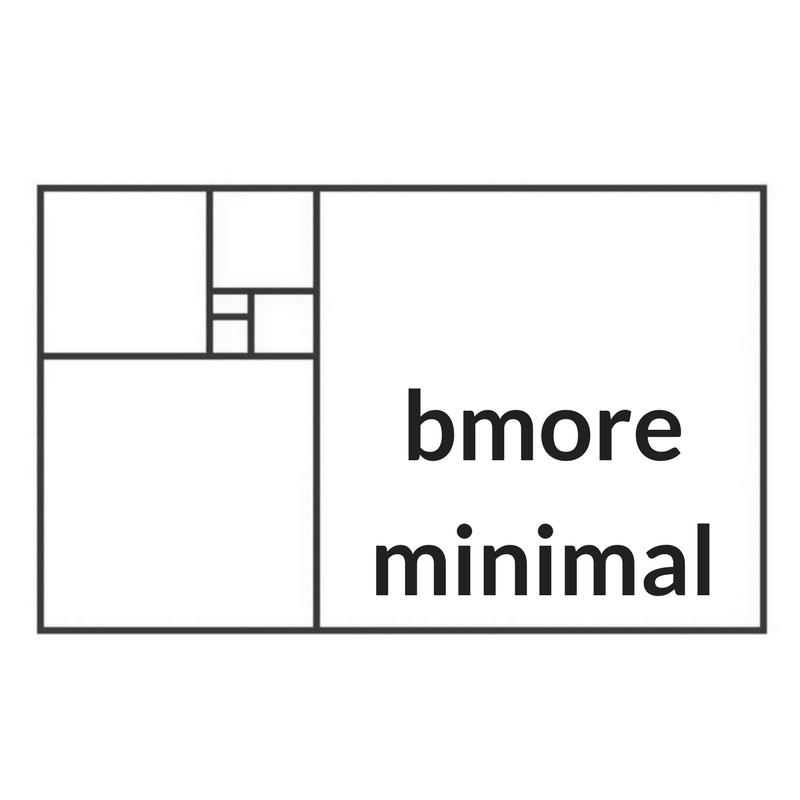I’m mindful about how my relationship with stuff has the potential to clutter my home, drain my finances, and exhaust our planet. Those concerns would be enough for me to strive to live with less, but now I can add my mental health to the list of minimalism motivations.
The High Cost of Materialism by Tim Kasser is a slim but dense volume detailing the ways in which our values support or derail our psychological well-being.
TL;DR is this:
When people value intrinsic aspirations, i.e. learning, connecting with community, and being their most authentic and autonomous selves, they experience more life satisfaction and psychological well-being.
When people value extrinsic aspirations, i.e. money, possessions, status, the right image, etc., they report less satisfaction with their life and are more likely to suffer from anxiety, depression, and social isolation.
Why?
Because if we aspire to have the right stuff, there will always be someone with more stuff, newer stuff, more expensive stuff, and that makes us feel bad. Plus, once we have enough to be fed, sheltered, clothed, and safe, any additional stuff we do have doesn’t fulfill our psychological needs for competence, belonging, and self-expression. Those unfulfilled needs make us feel worse.
If we aim instead to grow, connect, and create, we’re no longer in a competition with others in which there are winners and losers. We can admire someone who seems further along the path than we are, without that admiration devolving into envy. We pursue our ambitions, and a side effect of that pursuit is psychological needs fulfillment and well-being.
I can, and do, love and appreciate my possessions. But I love and appreciate how they enable me to grow and learn, to spend quality time with people I love, to behave in a way that is more free, more aligned with my values, and more authentic.
My things help me get the life that I want, rather than my life helping me get the things that I want.
If I start to covet something for how it might make me appear to others, or the status it might afford me, or the signals it might send about my income or importance, that’s when I know I’m headed towards a steep slope to profound discontent.
To put it alliteratively, stuff is not self-worth, and buying is not belonging.
